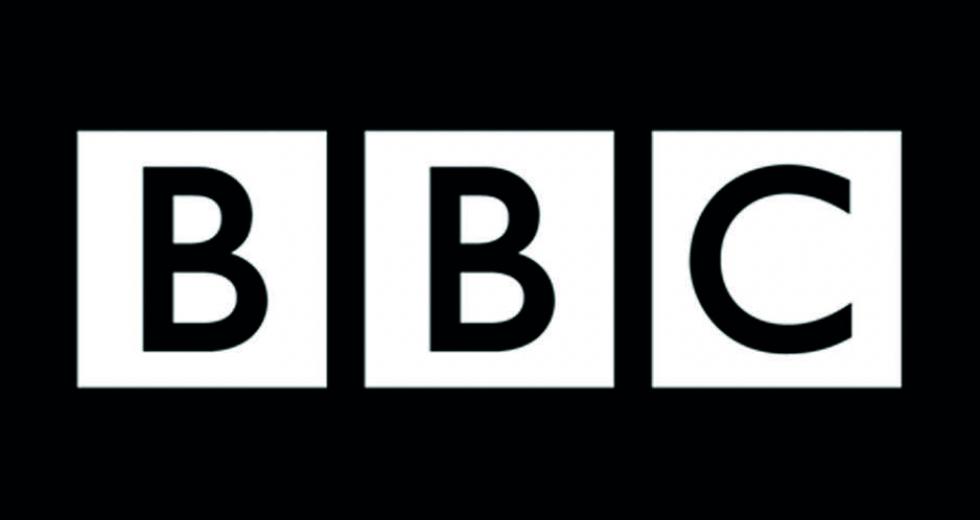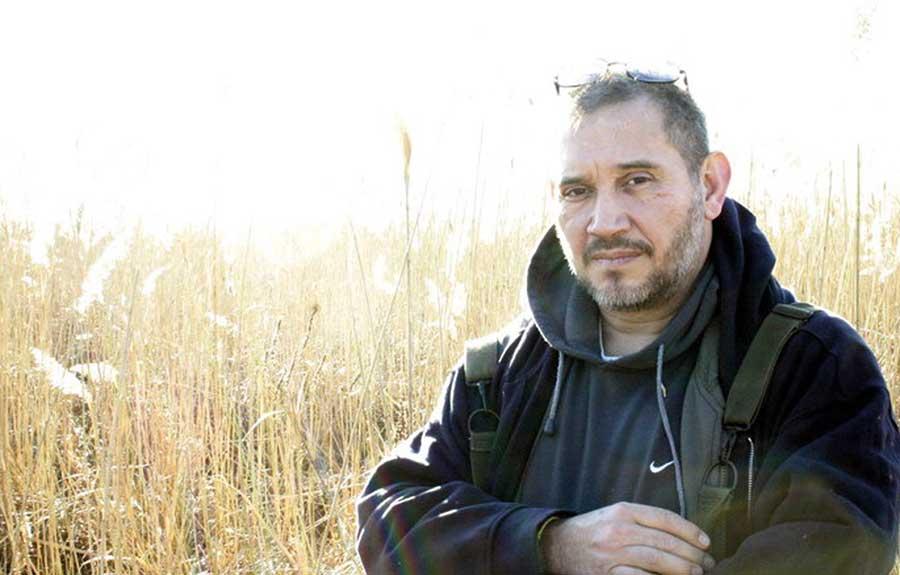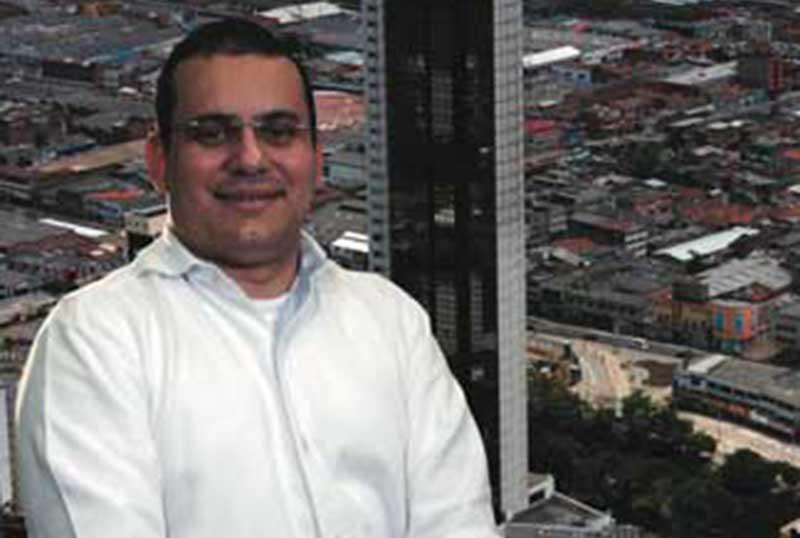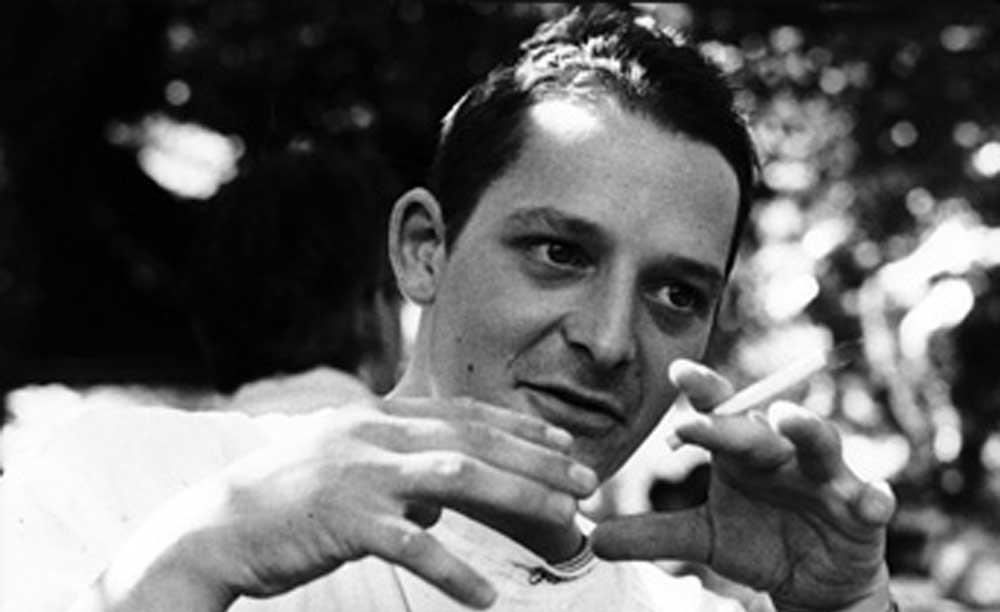
The purpose was to give justification to an illegal intervention in a country that had already been destabilized by outside political/financial interests.
Part of that role of the media industry was to excuse, or obscure, war crimes being perpetrated by the US/NATO forces, whilst at the same time directing public attention towards not only actual atrocities committed by Serbian forces, but also to bogus atrocities fabricated in order to justify extreme military intervention (including the bombing of civilian targets within Serbia). This obviously needs to be seen with regard to current events in Syria.
The BBC Goes Into Action
The fall of the town Vukovar to Serbian forces, in late November 1991, followed a protracted period of viscous fighting, widespread destruction, and a considerable loss of life on both sides. Although a cease-fire had been declared (prior to the deployment of United Nations peacekeeping troops) it was a volatile situation – with the Serbs keen to consolidate their military gains, and the Croats equally determined to retake lost territory. Local breaches of the cease-fire were frequent, despite the presence of United Nations monitors.
In December 1991 a BBC documentary team travelled to the Slavonia region of eastern Croatia, to film the activities of a unit of the First International Brigade (PIV). The PIV had been formed in Zagreb at the start of hostilities to provide support to the Croatian army, using overseas volunteers. The BBC film makers were attached to the ‘Sabotage and Reconnaissance Unit’ based near the town of Osijek, operating under the command of 31-year-old Eduardo Rózsa-Flores.
Notably unit commander Eduardo Rózsa-Flores appears on the BBC film saying: “I was a journalist, before, in Spain”, before adding that: “after the second week [in Croatia] I decided which was the good side, and which was the bad.” Notably the BBC film crew did not ask Rózsa-Flores to amplify.
The Early Training of Eduardo Rózsa-Flores
So, what do we know of Rózsa-Flores’s training to be a journalist?
In 1979 Eduardo Rózsa-Flores had been enrolled in the Kossuth Lajos Military College in Budapest – with supplementary instruction being provided at the Soviet Union’s specialist intelligence school, the Academy Felix Dzerzhinsky in Moscow. Upon his return to Hungary, Rózsa-Flores joined the Hungarian intelligence service. In 1984 he began studies at the Eötvös Loránd University in Budapest – studies that provided Rózsa-Flores with the technical and language skills that he would later put to good use as an international journalist and BBC ‘stringer’. This was followed by a brief period in the Cuban press agency Prensa Latina, and at an unnamed private publishing company, where he would “learn the tricks of the trade”.

In the summer of 1989 journalist Eduardo Rózsa-Flores interviewed the prominent ethnic-Hungarian activist and writer, András Sütő, in the central Romanian town of Târgu Mureş. It now seems clear that András Sütő had a major influence on Eduardo Rózsa-Flores’s thinking – especially in regard to his growing hatred for authoritarian government, and of his support of a peoples’ right to self-determination. We see later manifestations of this in Rózsa-Flores’s particular support for the following minority communities: Roman Catholic (Albania, Yugoslavia), Muslim (Yugoslavia); ethnic Hungarian (Romania); ethnic Palestinian (Israel); and ethnic Spanish (Bolivia).
From the end of that same year (1989), until August 1991, Eduardo Rózsa-Flores began working for the Spanish section of the BBC World Service. That work involved assignments in a number of countries, including Hungary, Romania, Czechoslovakia, and Albania. And it was whilst working in Tirana (Albania), in 1990, that Rózsa-Flores first became friends with a fellow journalist, Julio César Alonso.
Following the declarations of independence by Slovenia and Croatia in June 1991, Eduardo Rózsa-Flores was re-assigned to Zagreb (Croatia) in anticipation of a forthcoming war with Serbia.
The Fatal Mistake of Christian Würtenberg
Journalist Julio César Alonso has described his relationship with Rózsa-Flores, whilst in Osijek, in these terms: “ … during those first nine months of war [in Croatia] I believe that I was the journalist who was closest to Eduardo Rózsa-Flores and the International Brigade”, and that: “ … I had a very close relationship with Eduardo.”

Over a 2-week period at the end of 1991 Julio César Alonso assisted the BBC film crew who were documenting the military activities of the Rózsa-Flores unit.
Julio César Alonso was later to reveal that it was at that time that one of the members of the ‘Sabotage and Reconnaissance Unit’ in Osijek – a Swiss national by the name of Christian Würtenberg – had confided to him that he was in fact an undercover journalist working to discover both the true purpose, and the source of support (money, logistics and weapons) of units such as those operating in Osijek. Würtenberg also told Alonso that his work was complete (after just a few weeks) and that his intention was to return to Switzerland to prepare a report.
However that report was never made. On the 6th January 1992, Christian Würtenberg was found dead – having been assaulted with a blunt instrument, and strangled. The question therefore is: what had Würtenberg uncovered that required him to be brutally murdered?
Fortunately we now have some of the answers: that the provision of much of the logistics and weapons to units such as the Croatian International Brigade came from Latin America. For example, we know that:
In December 1991, 11 tones of weapons intended for Croatia were confiscated at the airport in Budapest (Hungary). The sender was a Chilean military company FAMAE. In 2006 evidence was collected that Pinochet himself authorized the selling of weapons to Croatia. Bolivian Croatians also organized the sending of weapons to Croatia through the Bolivian consulate in Hamburg.
This trafficking of weapons from Bolivia to Croatia, via Germany and Hungary (Budapest), is highly significant for two reasons: firstly that such arrangements could only be possible with the knowledge (and probable support) of the US Government; and, secondly, that the Hungarian Government had tried to put a stop to it. Whilst the US Government was keen to (covertly) assist in the break-up of Yugoslavia – the Hungarian Government would have seen such a development in the Balkans as potentially catastrophic.
We therefore have evidence that Christian Würtenberg had confided to a member of the BBC film crew (at Osijek) that he was an undercover journalist investigating such matters. Shortly afterwards, he was murdered. For some obscure reason, the BBC documentary (broadcast some five months later, in May 1992) omitted to mention the gruesome murder of journalist Christian Würtenberg.
Nor did the BBC documentary mention the subsequent mysterious death of news photographer Paul Jenks on the 17th January 1992. Paul Jenks had arrived at Osijek on the 13th January specifically to investigate the murder of Christian Würtenberg just a week earlier.
The BBC appears to have had nothing to say in regard to the deaths of either of these two journalists.
Examination of TV documentaries and newspaper reports containing allegations of Eduardo Rózsa-Flores’s involvement in the murder of journalists Christian Würtenberg and Paul Jenks show those allegations to have originated from just one source – Rózsa-Flores’s former close friend, and fellow-journalist, Julio César Alonso.
An Extreme Commitment to Purpose
The evidence is that it was Eduardo Rózsa-Flores’s experiences during the Yugoslavian civil war (Croatia, Bosnia, and Kosovo – 1991 to 1999) that led to his hostility towards state authoritarianism, and of his support for minority (ethnic) communities, becoming increasingly extreme. It is this that appears to have led to his embrace of Islam (whilst still retaining an attachment to Christian Catholicism) as well as to particular forms of anarchism (of, for example, his founding of the Hungarian National Anarchist Party).
Quite obviously the adoption of such extreme positions will not have endeared Rózsa-Flores’ to those who support an ever-more powerful (and aggressively expansionist) neo-fascist European Union.
Up until his violent death Eduardo Rózsa-Flores was also vigorously engaged in supporting the Palestinian people. In particular there was he gave vigorous support to Palestinian resistance in the Occupied West Bank, and in Gaza – and also to the worldwide ‘Boycott Israel’ initiative. Quite obviously this would have (and indeed, did) draw very considerable opprobrium down upon Rózsa-Flores’s head.
The Killing of Eduardo Rózsa-Flores
In July 2007 Eduardo Rózsa-Flores made a number of personal observations on the causes of unrest within his Bolivian homeland – and (in his own words) of a need to combat the “narco-Mafia and the neo-Liberal George Soros supported, Nazi-minded” organizations prevalent within Bolivia.
Clearly this is a reference to the so-called cocalero movement (a union, or grouping, of coca farmers for whom the right to grow coca was to be promoted as a political issue) – and of which the first significant manifestation appeared in Bolivia, with the Evo Morales ́ Movement toward Socialism (MAS).
This is an extraordinary position for Rózsa-Flores to have taken – given the involvement by George Soros (a fellow-Hungarian) in actual, or attempted ‘regime-change’ in Europe, and in other parts of the world. It strongly suggests that Rózsa-Flores had concluded that George Soros (and the global Open Society Institute that Soros had founded) was engaged in a massive deception.
It was certainly by this time that allegations had begun to appear claiming that George Soros, and his various global organizations and speculative financial enterprises, had been engaged in the destabilization and the subsequent ‘asset stripping’ of vulnerable, sovereign countries.
The eventual fate of Eduardo Rózsa-Flores was extremely violent. On the 16th April 2009 a group of five men were ambushed in their hotel room, in the Bolivian city of Santa Cruz. The operation was carried out (we are told) to thwart an attempt to assassinate the President of Bolivia, Evo Morales. Three of the group were killed, including Eduardo Rózsa-Flores (who was shot, apparently after being arrested) whilst two others were taken alive.
Posthumous Amnesia, and Posthumous Disinformation
In a report of his death by the BBC, two days later, there was no mention that Eduardo Rózsa-Flores had previously worked for the BBC World Service. As with the BBC failure to report the murder of journalists Christian Würtenberg and Paul Jenks, this is seen as most extraordinary.

The disinformation, already extant prior to the death of Rózsa-Flores, rapidly escalated afterwards (when any rebuttal by Rózsa-Flores was no longer possible). Much of that disinformation (and smears) appears to have originated from fellow journalists. And much of the disinformation is expertly produced.
